In this remarkable anthology co-authors Howard Stein and Seth Alcorn use the image of the whiteboard to explain and illustrate their unusual creative collaboration. We typically use whiteboards in group settings to brainstorm and note ideas. This is essentially what the authors do in their joint writing, only their whiteboard is the safe “third space” of their collective unconscious and their process involves working with protopoems until they emerge as an expression of the connection between two beings, an intertwining so profound it cannot be disentangled. The poems that emerge from this process are by turns hopeful, bitter, contemplative, and droll.
The authors cast their net wide, embracing topics from tubing to medical calamities, the joyless workplace and George Floyd’s murder. They ask timeless and unanswerable questions: What is the meaning of life? Have the better angels of our nature deserted us? What vanishes and what endures? Can we escape from the zero-sum games that sometimes seem to constitute our lives? When is it time to let go and of what? Many of the poems have images of a world gone awry, such as a river flowing upstream. Others are imbued with an elegiac tone, a sense of looking back on life, sometimes in wonder, sometimes with regret, wondering whether life amounts to anything more than “hulls by the side of the road.” Yet the authors also consistently search for hope, the gentle humanizing touch in an otherwise cold hospital, the upward spiral rather than the Ouroboros snake perpetually eating its own tail, the possibility of meaningful legacy, remnants of felled oak trees whittled into enduring objects. “Nature will have its way” the authors realize and they both mourn and accept this truth. The power of this collection lies in the fascinating way in which two brilliant minds work in tandem to examine this truth together.”
–Johanna Shapiro, Ph.D., Professor Emerita, Department of Family Medicine; Director, Program in Medical Humanities & Arts, University of California Irvine School of Medicine
I had the pleasure of reading Whiteboardings, co-authored poetry by Howard F. Stein and Seth Allcorn, over the course of two days, in small bites, letting the poems digest as I entered into a third space between the writers and the words. The last line still rings: “what is real?” What seems real to me now, as the book still settles, is the depth of this third space, what [Donald] Winnicott once called “potential space”– which, unlike anything I’ve encountered, resounds with both wonder and longing in Stein and Allcorn’s co-authored poems. Indeed, what seems little acknowledged, perhaps unconsciously avoided even, in the mountains of clinical writing on potential space, is just how creative a process of mourning can become when shared, through the free association of words, on a socalled “whiteboard.” A process where the tragic can be at once refused, revisited, reimagined, and ultimately worked with, instead of merely “worked through.”
I’m also with a palpable feeling – like something “gone awry” after a summer’s day of tubing down a river (see opening poem, “River of Snow”). The authors’ words become my own as I ponder whether I can know the river’s mysteries. Does it, can it, “flow upward” – an “upward spiral” away from all the “slaughter on the ground’ – or is it all an “endless falling without a bottom”? I’m not sure of an answer – nor sure I want one – but I do recognize that the “casket was open” as I read (see “Life of Files”), and I saw what the authors saw there, unflinchingly, and I creatively mourned. But I also touched a strange and perhaps timeless beauty, if only for a brief moment, before the casket was closed and the corpse buried, burned, turned to ash. I had borne witness to the culmination of a sustained potential space, forged from a 30-year friendship between the two authors, that offered not just memories but promises back to us, its readers, in an enduring presence: a true gift.
–Nathan Gerard, Ph.D. Associate Professor Graduate Program Director Department of Health Care Administration California State University, Long Beach
WHITEBOARDING is not an easy read. It’s not that the poems are inaccessible or oblique. Not at all. These poems are wide open, clear eyed, generally absent of ambiguity or mystery. No, these poems rip to and from the heart to deliver a full frontal attack on two interrelated core elements of contemporary culture and social values: one, the human cost effected by corporate practices that determinedly demean and dehumanize their workforces:
Corporate engineering
Began as a fad in the 90’s
Downsizing its method.
Soon it became raw obsession, then a necessity
Eventually routine, through today, the early 202’s
And, two— lethal and endemic—humankind’s seemingly never ending addiction to
genocidal wars from which the collective and individual psyche never recovers. World
War II and Vietnam being the two that most personally hit home to haunt the
collaborating poets— Stein and Allcorn:
Burning bodies in open pits
And crematoria spewed smoke
For all to breathe the stench in the air
“We didn’t know it was happening”
Everywhere, us and them—
Killing fields went by different names:
Cambodia, Holocaust, Shoa, Bangladesh
Cambodia, East Timor, Bosnia, Rwanda,
Native America —different places
Nam stays with you
Woven in and throughout the collection are poems that provide flashes of relief from the global and personal degradations. That relief comes mainly when Stein and Allcorn spend time in Nature, outdoors, alone or together although even then the tumult of life tends to intrude:
Owls call; moths flutter
Light and delicate
Evening mist settles in—
Night hovers as a Presence Who
Bears gifts of wonderment
And delight.
It is like this for us
In the twilight of our lives
Darkness envelops us;
We navigate the stars
For as long as we can—
All of us mariners
–Review commentary by Dolores Brandon, poet, memoirist, actress: website @TRACES http://www.doloresbrandon.com

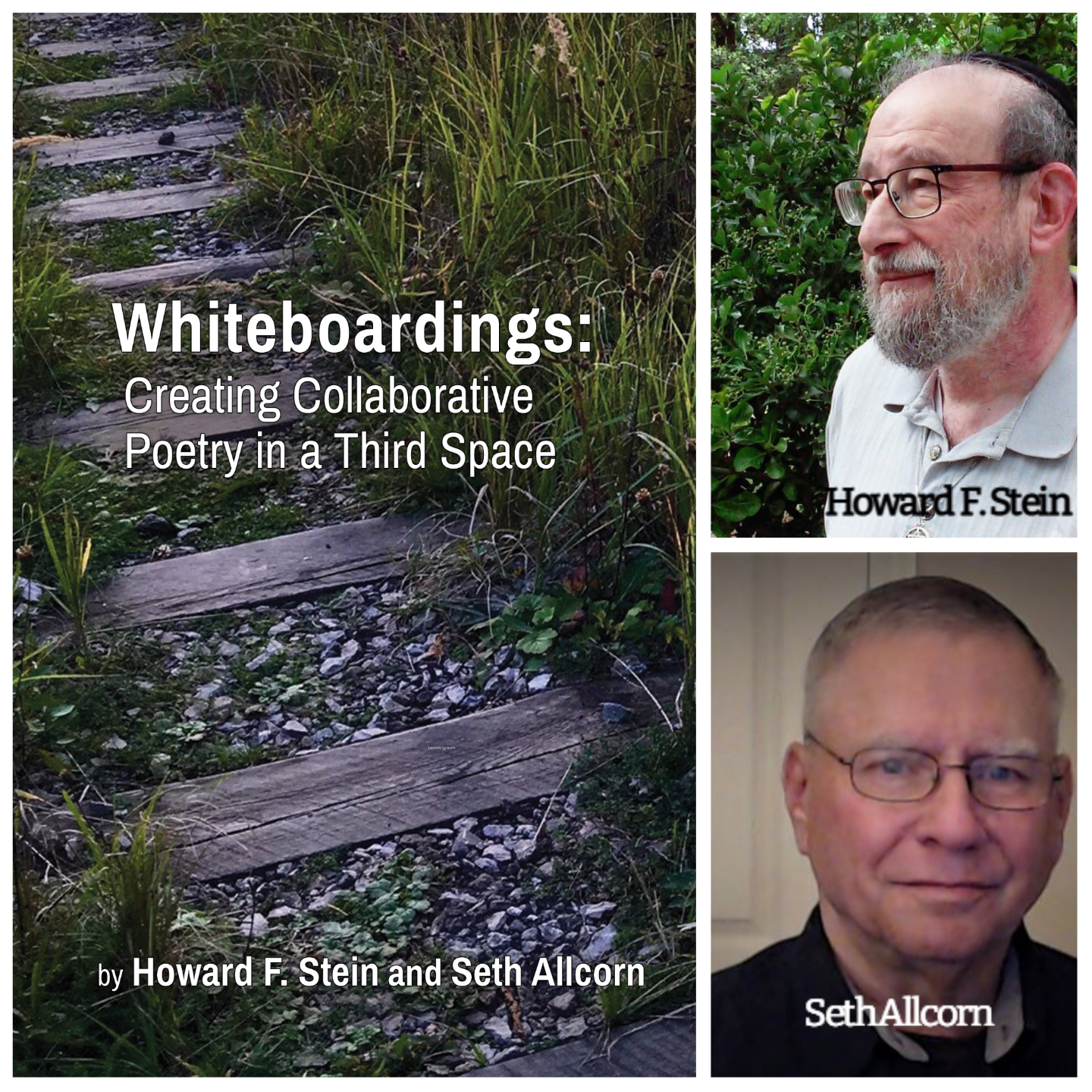
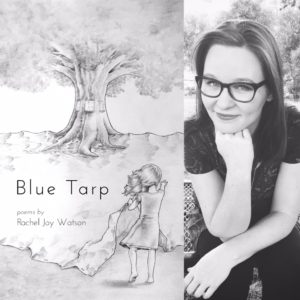
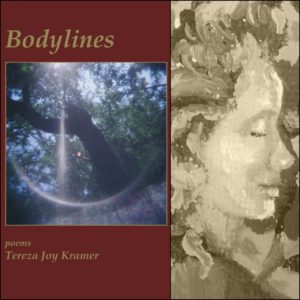
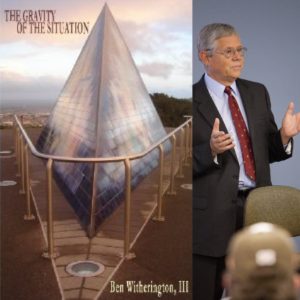
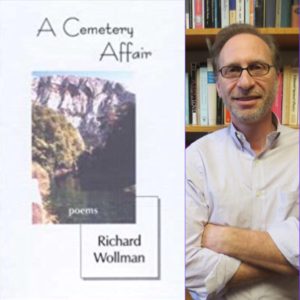
Reviews
There are no reviews yet.